The black soil in China's Northeast is considered one of the most fertile worldwide. However, it faces depletion due to years of over exploitation and overuse of fertilizer. That's about to change, as of this month, the new law on black soil conservation took effect. What's more, the Ministry of Agriculture and Rural Affairs and the Ministry of Finance have jointly released an action plan (2020-2025) for protective tillage on black soil, with the program due to cover an area of 9.33 million hectares by 2025, or 70 percent of the total arable land in suitable areas of northeastern China.
Soil Testing Kits, drones, HD cameras...technology has never been more important for the investigation of possible violation of the country's new black soil conservation law. Tan Xiaoqiang, a procurator from Dunhua, now has more on his shoulders. He's leading the investigations and filing prosecutions.
"We are working closely with the local governments and the forest and agricultural bureaus, and carrying out joint mechanisms in law enforcement. This is an arduous task that requires the participation of many organizations and individuals." Said Tan Xiaoqiang, chief procurator of the department of public interest litigation, People's Procuratorate of Dunhua.
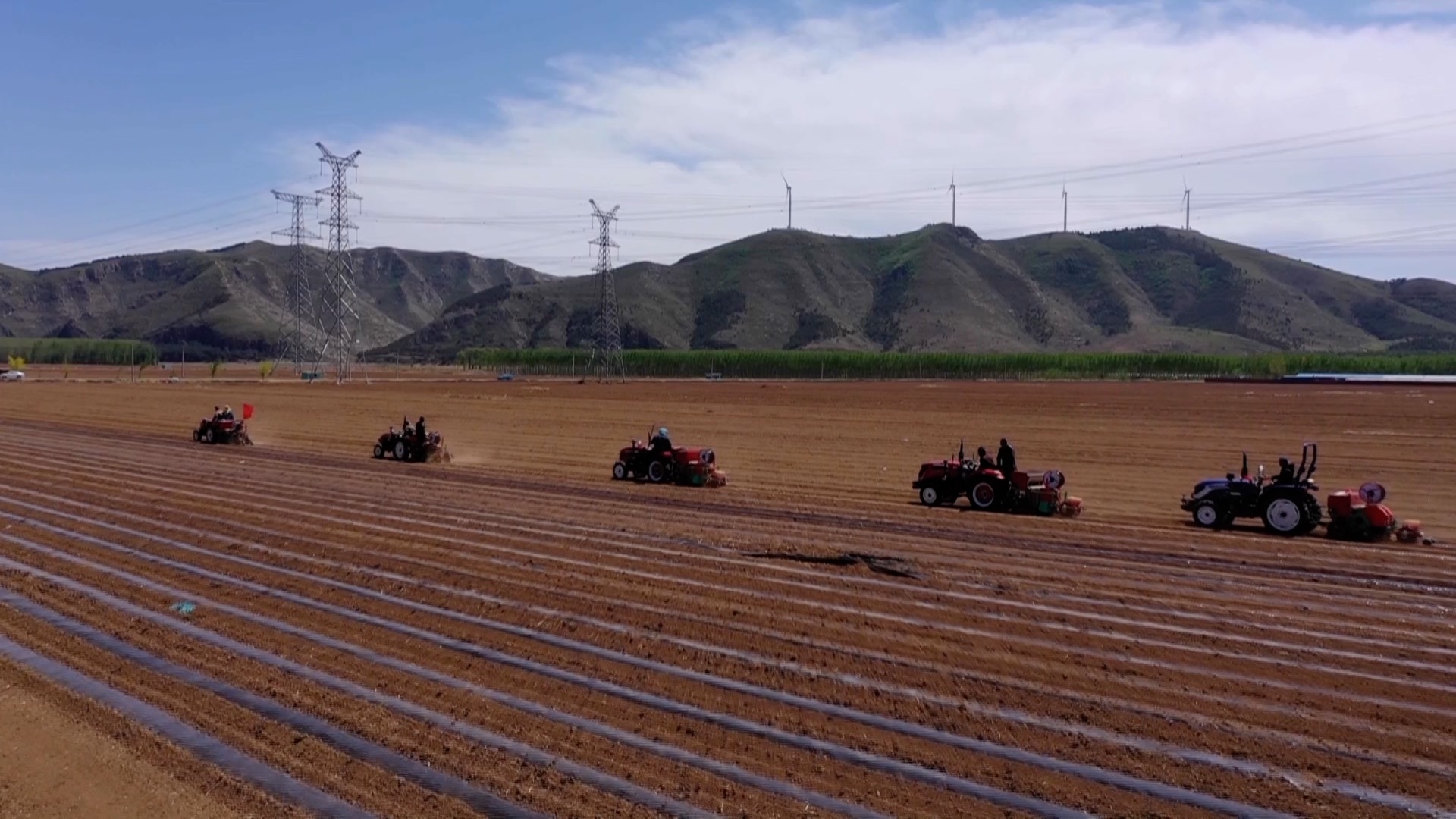
The black soil in China's Northeast is considered one of the most fertile worldwide./CGTN
The black soil in China's Northeast is considered one of the most fertile worldwide./CGTN
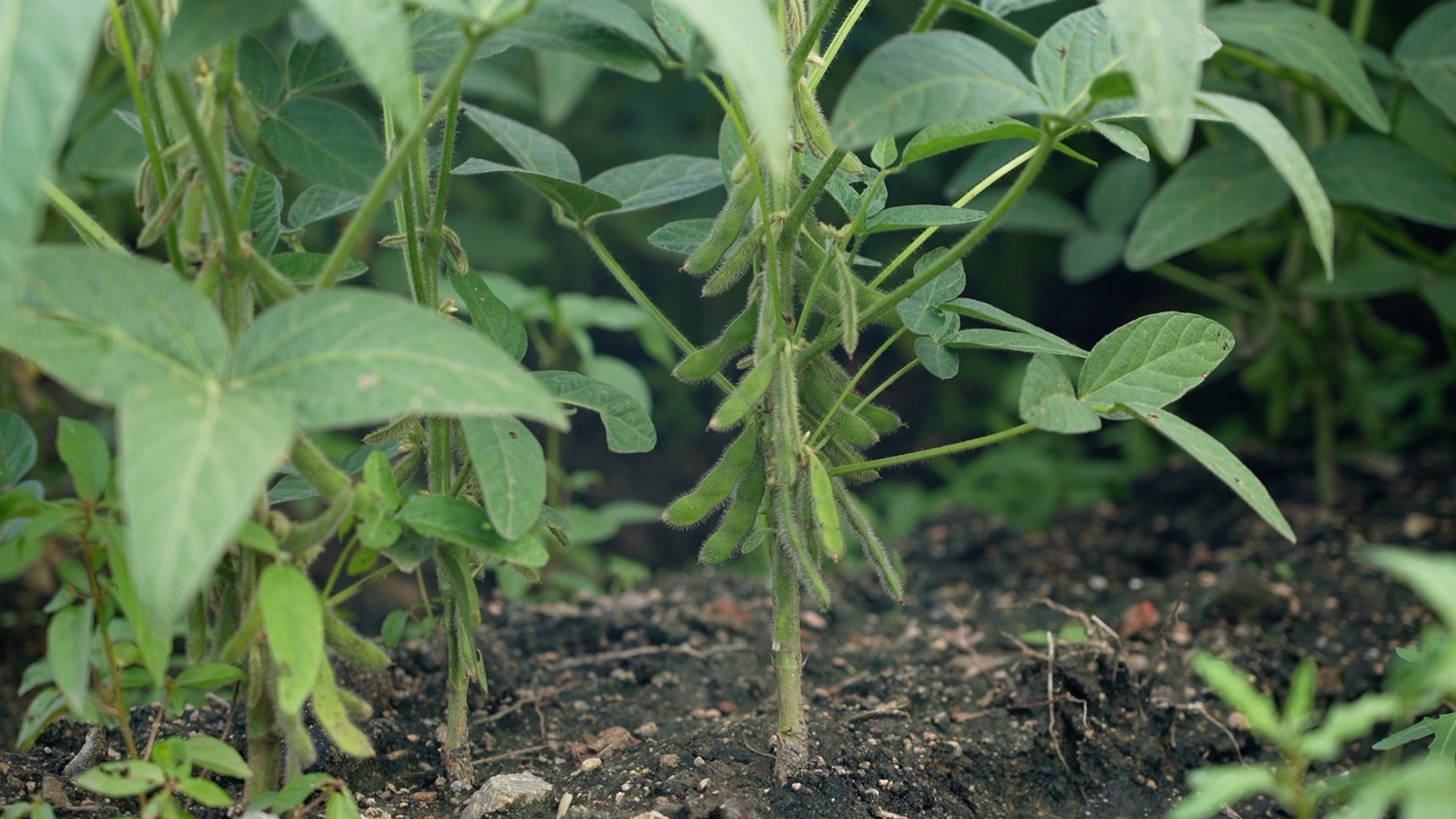
As from this Month, the new law on black soil conservation took effect. /CGTN
As from this Month, the new law on black soil conservation took effect. /CGTN
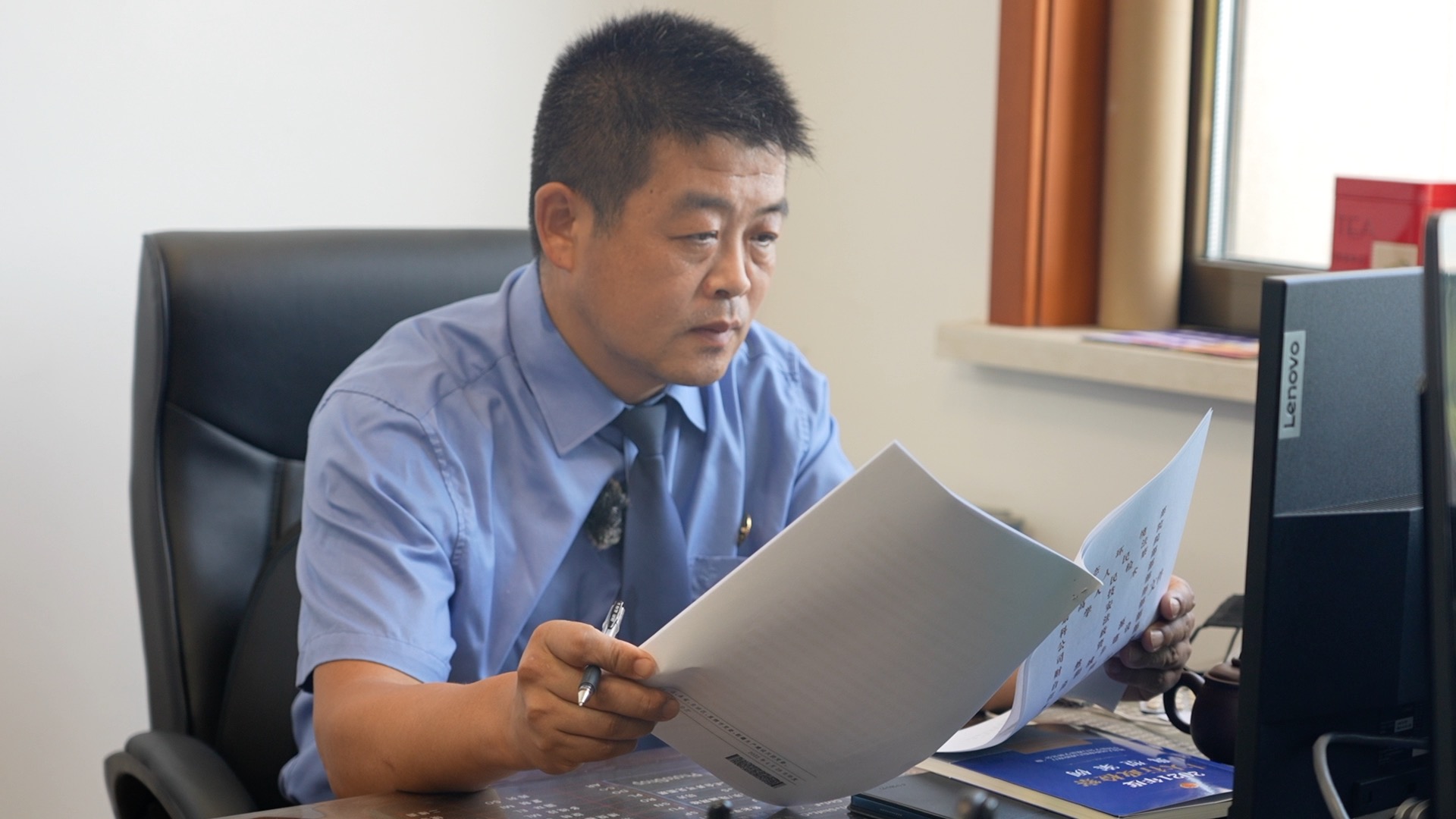
Tan Xiaoqiang, a procurator from Dunhua, now has more on his shoulders. He's leading the investigations and filing prosecutions regarding of possible violation of the country's new black soil conservation law in the city of Dunhua./CGTN
Tan Xiaoqiang, a procurator from Dunhua, now has more on his shoulders. He's leading the investigations and filing prosecutions regarding of possible violation of the country's new black soil conservation law in the city of Dunhua./CGTN
It takes 300 million years to form a 100-cm layer of black soil, according to research. Black soil exists in only a few places in the world — in central Eurasia and especially Ukraine, and in the Red River Valley in the U.S. and Canada. The black soil, or chernozem soil in China's northeast produces about one quarter of the country's total grain output. But due to years of excessive reclamation and fertilizer overuse, the chernozem layer is now thinning out. In the 30 years from 1990 to 2020, the black soil's carbon stock has dropped by about 650 million tons in northeast China. It would take about 300 million hectares of U.S. forest a year to sequester that much carbon dioxide, according to a research done by Bloomberg.
Scientists in China estimate that soybean production will fall by up to 60 percent and corn would barely grow -- if in the most extreme scenario — all the country's black soil is stripped away, no matter how much fertilizer is used.
Under the new law, all existing black soil shall be protected, while lands that used to be black soil shall be restored. Back in Dunhua, a main grain production region, agricultural experts suggest that crop rotation is one of the simplest yet most effective solutions.
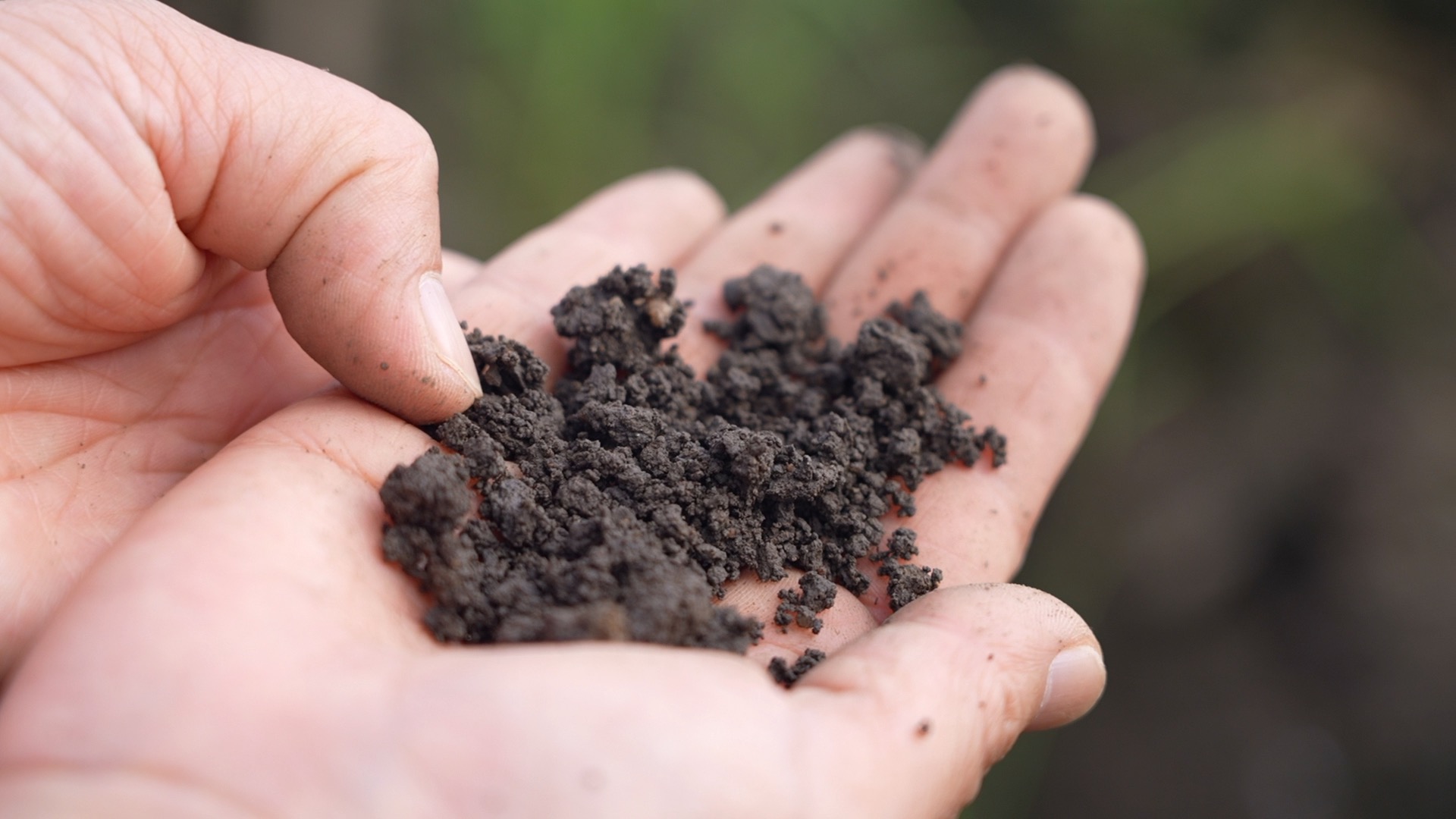
It takes 300 million years to form a 100-cm layer of black soil, according to research. Black soil exists in only a few places in the world — in central Eurasia and especially Ukraine, and in the Red River Valley in the U.S. and Canada. /CGTN
It takes 300 million years to form a 100-cm layer of black soil, according to research. Black soil exists in only a few places in the world — in central Eurasia and especially Ukraine, and in the Red River Valley in the U.S. and Canada. /CGTN
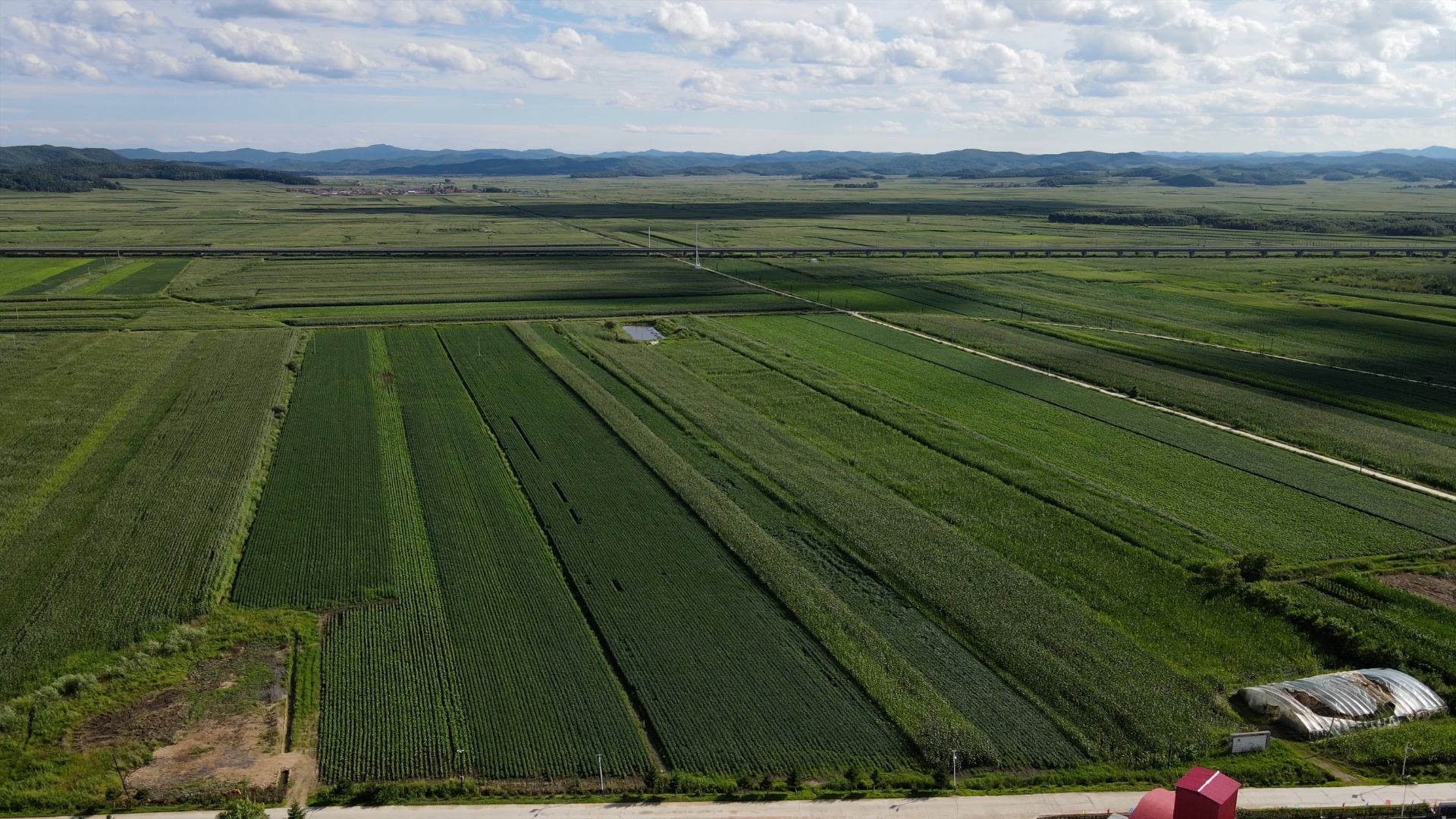
The black soil, or chernozem soil in China's northeast produces about one quarter of the country's total grain output. But due to years of excessive reclamation and fertilizer overuse, the chernozem layer is now thinning out in some regions./CGTN
The black soil, or chernozem soil in China's northeast produces about one quarter of the country's total grain output. But due to years of excessive reclamation and fertilizer overuse, the chernozem layer is now thinning out in some regions./CGTN
Xue Yanjie, a researcher in the office of black soil protection in Dunhua told CGTN: "We did a test on two plots of land. One has gone through crop rotation and the other hasn't. Data showed that land where different crops were rotated has more organic matter. What's more, farmers's awareness on protecting the black soil is rising, as many of them have brought soil samples to us for testing."
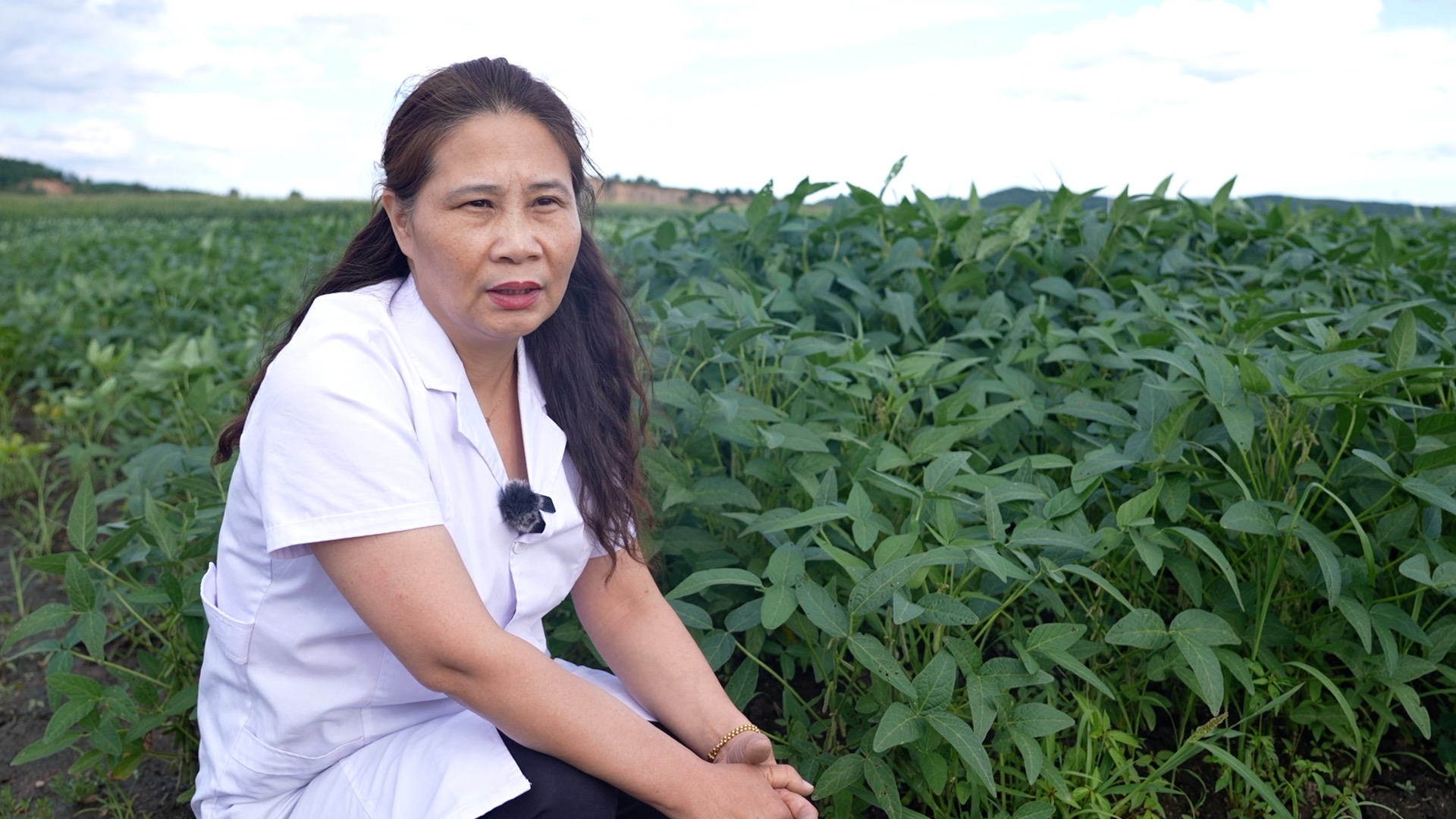
Xue Yanjie, a researcher in the office of black soil protection in Dunhua told CGTN: "We did a test on two plots of land. One has gone through crop rotation and the other hasn't. Data showed that land where different crops were rotated has more organic matter./CGTN
Xue Yanjie, a researcher in the office of black soil protection in Dunhua told CGTN: "We did a test on two plots of land. One has gone through crop rotation and the other hasn't. Data showed that land where different crops were rotated has more organic matter./CGTN
And in particular, the new law stresses the importance of state farms in the campaign. It calls on the farms to set a good example in protection efforts and be subject to supervision and inspection. "Cooperative farming is an important way to bring farmers with scattered lands together. By centralizing the arable lands, we can carry out practices such as large-scale straw return to soil and crop rotation in order to boost soil nutrients". Said Zhao Xianqing, the manager of Lianyi Agricultural Cooperative in Dunhua, Jilin Province.
For decades, the focus has been on boosting food production to feed the world's most populous country. Experts say the implementation of the new law comes at the right time for strengthening legal farmland protection and ensuring national food security.
(If you want to contribute and have specific expertise, please contact us at nature@cgtn.com.)

